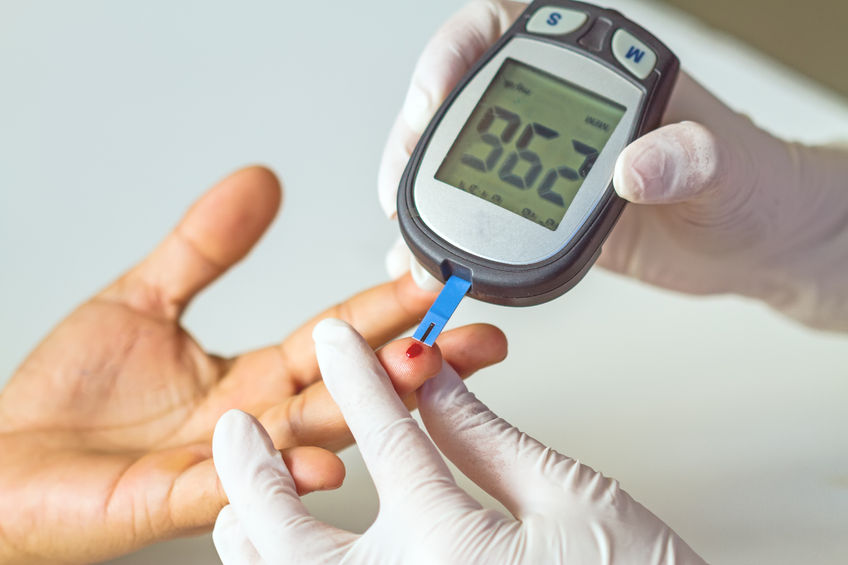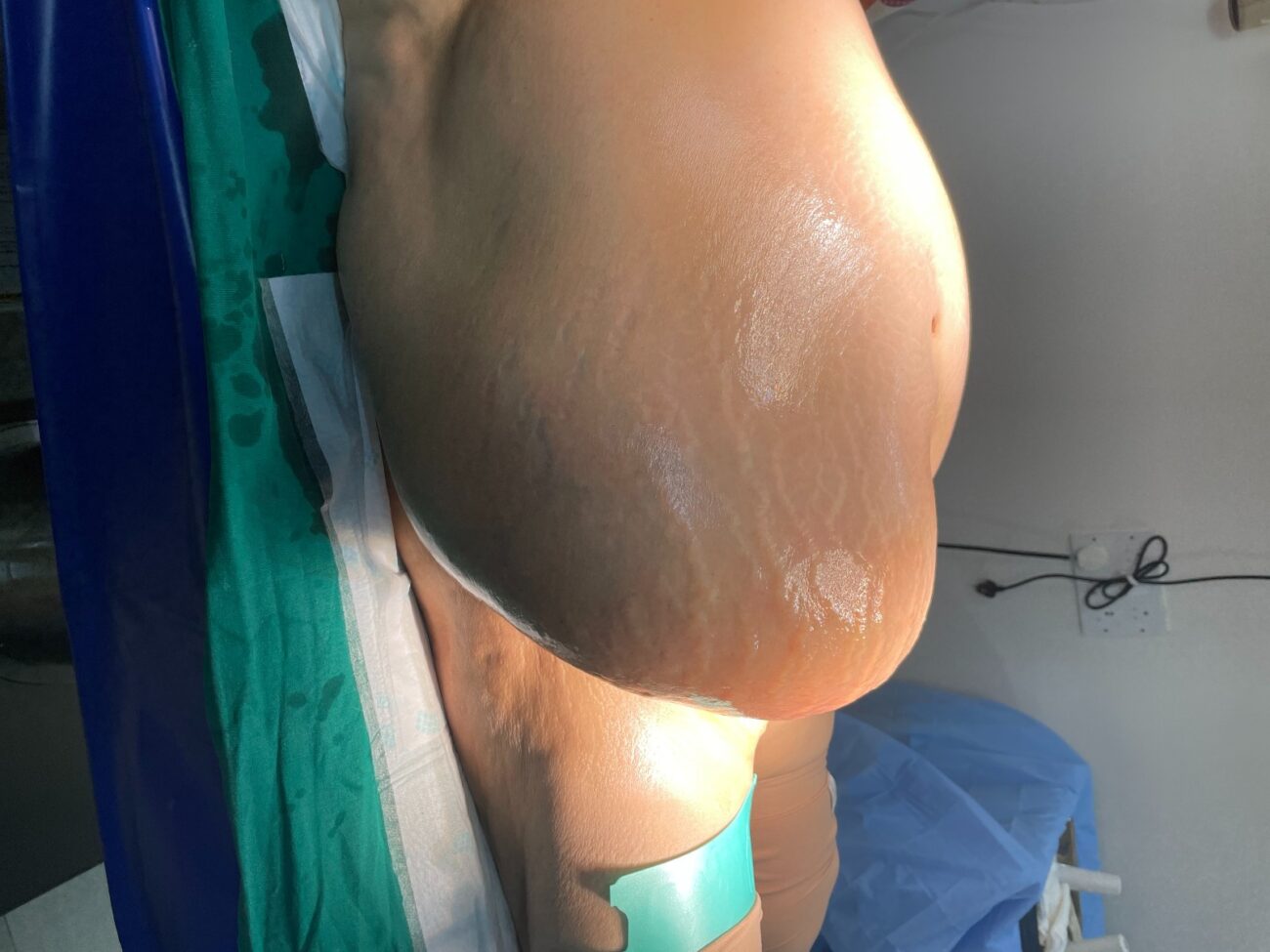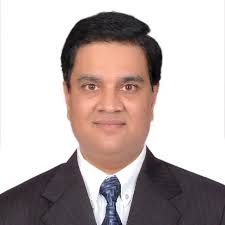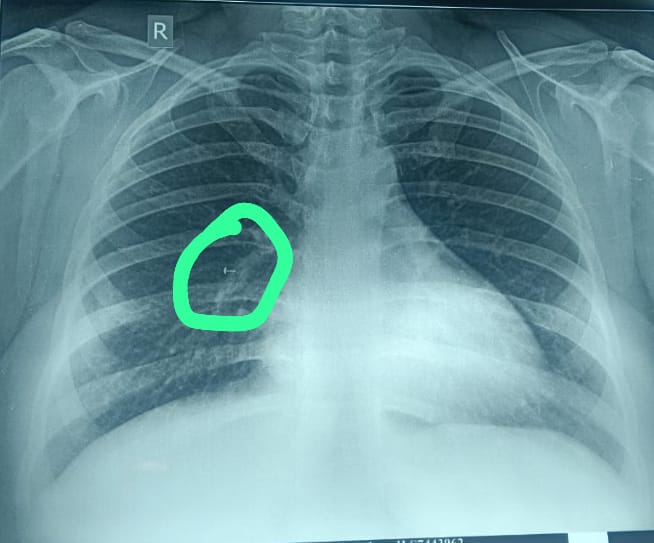A new diabetes medication brings hope to resolve the dual problem of sugar and the heart
~Authored by Dr Zakia Khan, Senior Consultant-Interventional Cardiology, Fortis Hospital, Kalyan ~ Cardiovascular Diseases (CVD) and especially, heart failure is one of the major cause of mortality in India. According to the Global Burden of Disease,

~Authored by Dr Zakia Khan, Senior Consultant-Interventional Cardiology, Fortis Hospital, Kalyan ~
Cardiovascular Diseases (CVD) and especially, heart failure is one of the major cause of mortality in India. According to the Global Burden of Disease, nearly a quarter (24.85) of all deaths in India is due to CVDs. Even an analysis of the medical certification of cause of death (MCCD) reports point to an increase in the proportion of deaths due to CVD. Now, this rising incidence of CVDs and heart failure is also related to the increased prevalence of type 2 Diabetes. With the rising burden of the twin health problem, it is time to take necessary action to prevent and curtail this rise. To begin with, it is important to understand the kind of heart failure that most Indian population experience, and the new ways in which it can be curbed.
TYPES OF HEART FAILURES: There are two types of heart failure – ‘reduced ejection fraction’ where the heart does not pump properly and ‘preserved ejection fraction’ wherein the heart still appears to be pumping well, meaning it’s still unable to meet the body’s oxygen demands. The second type is more difficult to diagnose as it appears to pump normally during an ultrasound – therefore requiring additional tests to diagnose.
Typically, patients with the first type of heart failure are given medications that can improve symptoms and reduce risk of cardiac events – such as heart attacks, hospitalizations, or death. But for patients with preserved ejection fraction, researchers so far have been unsuccessful in finding a medication which can improve prognosis and reduce risk of cardiac events for patients. Nevertheless, a recent study found that a common type of Diabetes drug may help improve the health of patients with this type of heart failure by reducing risk of death and hospitalization from a cardiac cause.
A MAGIC PILL: Medications initially designed to treat patients with diabetes – called ‘SGLT2 inhibitors’ can also be used to treat patients with preserved ejection fraction. SGLT2 inhibitors are especially useful in patients with heart failure and comorbid type 2 Diabetes (T2D) because they block the reabsorption of filtered glucose, thereby reducing the risk of heart failure events. These two diseases are a common pairing in patients with one or the other. Researchers have found that patients who were given SGLT2 inhibitors were 22% less likely to die from heart-related causes or be hospitalized for heart failure than those who didn’t take them. Moreover, SGLT2 inhibitors have tremendous potential to improve outcomes in populations with HF (Heart Failure) and CKD (Chronic Kidney Disease). The heart and the kidneys are closely interconnected, and disease in one organ system can lead to disease in the other. This interdependence is illustrated in heart failure with reduced ejection fraction (HFrEF), where worsening heart failure can lead to renal dysfunction and vice versa. Now, the SGLT2 inhibitors is also said to reduce progression of kidney disease.
This means, patients with both types of heart failure, Diabetes and related renal ailments can have treatment that improves their quality of life, symptoms and prognosis. However, more data is needed before these can be prescribed to patients. The National Institute for Health and Care Excellence is currently working towards finding more evidence. Having said that, people need to change their current lifestyle and switch to healthier ways of living.
- Avoid smoking and too much alcohol
- Switch to healthy eating- eat more fresh fruits and vegetables, lean protein, and whole grains
- Aim for a healthy weight
- Get active
- Sleep well and manage stress
- Manage your ABC:
- A: Get a regular A1C test to measure your average blood sugar over 2 to 3 months; aim to stay in your target range as much as possible
- B: Try to keep your blood pressure below 140/90 mm Hg (or the target your doctor sets)
- C: Manage your cholesterol levels
Remember, if you are a diabetic, work with your doctor to manage your risk of CVDs. Regular screening and time intervention is key to avoid complications.






